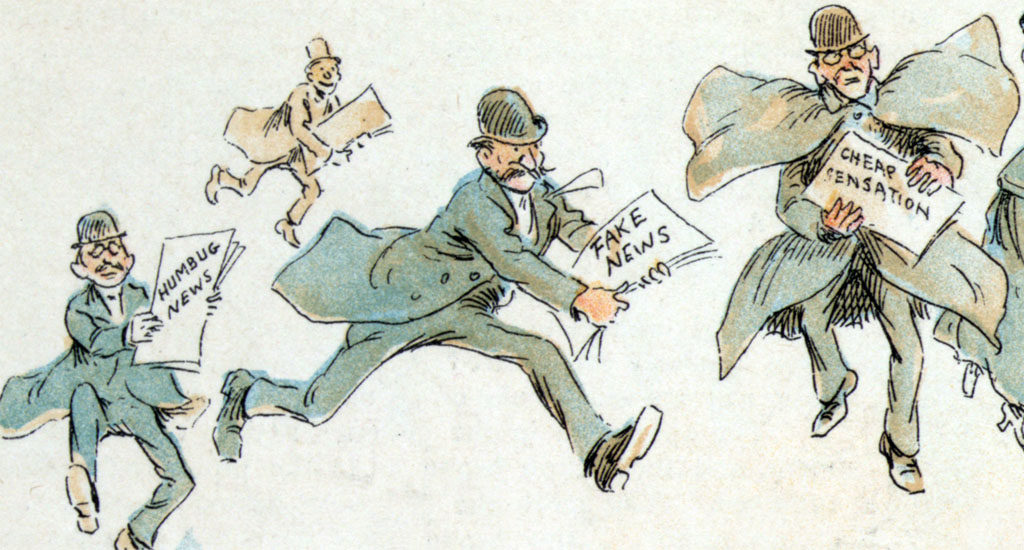Central Virginia is full of fine publications of record. The Charlottesville Daily Progress has remained a mainstay in the region, followed up by a few notable regional papers (the Central Virginian and the Rural Virginian among them).
Within Charlottesville proper there were at one time several competing weeklies akin to the Washington City Paper as well as an online option at Charlottesville Tomorrow — which remains the strongest of the online press outlets (much akin to RVA Dirt). Richmond’s Style Weekly remains a favorite, if only because of the weekly scorecard they keep. For some reason, Fredericksburg never quite had an independent weekly that really took off in the same way, but it is worth observing that — even 20 years ago in an era before the internet — the fight between legacy media and independent media mimicked the rise of digital media. The more things change…
Yet C’ville Weekly remains the last of the truly independent press after the notable demise of one of my favorite weekly independents: The Hook. Things seem relatively stable for the weeklies at the moment (kinda), which is why one might suspect that Samantha Baars might feel a touch emboldened to take a peek at what is going on over at Charlottesville’s version of the “grey lady” and her attendant ailments:
The Daily Progress obviously isn’t alone. A NiemanLab report published in late January found that the cost of newspapers has more than doubled from a decade ago, and also notes that if publishers didn’t establish the more-than-substantial price hikes, “they’d employ even fewer journalists and be in even worse shape today.”
An annual seven-day print subscription to The New York Times will now set you back more than $1,000 in most of the country, and The Boston Globe comes in at $750. Folks who want to read a physical copy of The Washington Post every day are doling out approximately $650 a year, according to NiemanLab.
One has to admit that for those of us who are holdouts on the old maxim that “the Internet wants to be free” that Facebook and Google have successfully destroyed the Fourth Estate — and perhaps not for the better.
The problem is twofold: (a) interesting stories and (b) advertising dollars. Advertisements follow eyeballs, and all the eyeballs seem to be online at the moment, which is bad news for those who prefer their information in a recyclable format that never needs recharging.
Baars continues with the following key observation:
“[N]o one’s picking up the Progress to read the front-page Associated Press story about what’s going on in Moscow, he says. “We read The Daily Progress because we want to know what’s going on in Charlottesville.”
In some ways, this is where I think the DP actually gets it. Reason why? My recent copy of The Rural Virginian — delivered straight to my door old-school for the grand price of… nothing at all.
Front page news? Some information about a local race delivered dispassionately and without editorializing. News about Rep. Denver Riggleman. News about a theraputic option to mental illness rather than jail sentencing. News about Virginia Beach.
Inside? News about fishing, deferred enrollments to university, quadruplets graduating from Randolph-Macon, and a ton of advertisements about farm equipment… and the bane of my existence, a crossword puzzle (hint: your humble writer does not like crossword puzzles).
The point of all of this is that the Rural Virginian is exactly as it advertises: news of concern to rural Virginian readers. Attendant in all of this is a mess of advertisements folded into the small newspaper — some worthy, others not. Could it use more local interest stuff (as in gardening, hunting, seasons, books, equipment, auto advice from a local mechanic, etc.)? Sure it could. Would that take resources? Probably.
…but are there the kernels of a really damn good newspaper in here that eschews politics in favor of rural life? Absolutely — plus it is just well put together.
C’ville Weekly touches on the first part of the question. It’s the resources angle that mystifies independents and digital publications alike, as well as befuddles a legacy media once awash in cash and now bereft of same. There are plenty of great writers and journalists doing some of the best work we’ve seen in two decades, quite frankly.
The problem is that it is all riding on the hips of Facebook and Google shareholders. How to break that paradigm is something that local and regional media outlets will have to tackle. As for the major daily newspapers? They still have to break the ice on both relevancy and remuneration — and it’s a tough hill to climb.

